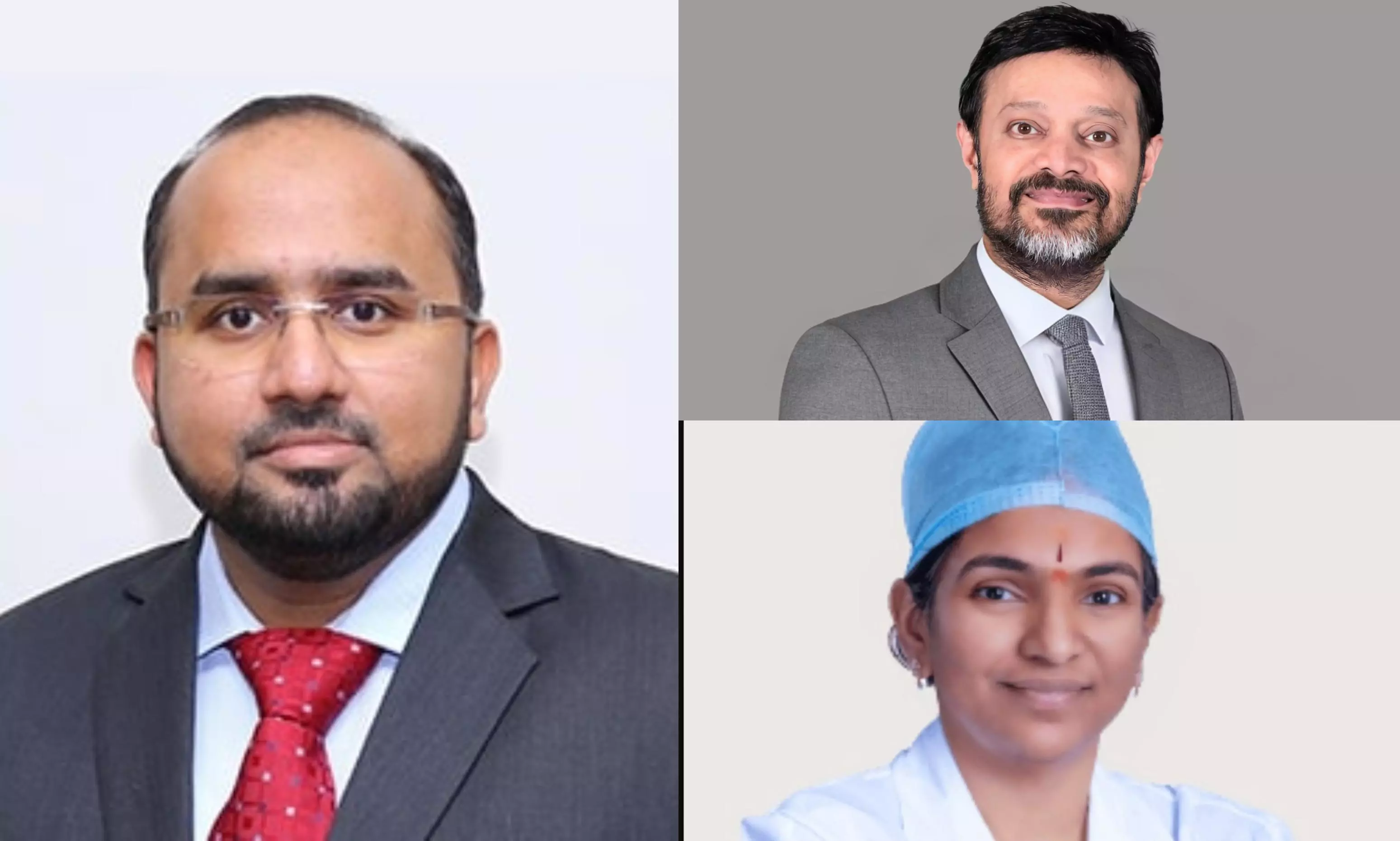India will have 8 lakh cancer patients in two years
Prostate cancer, often linked to age-related hormonal changes and weakened immune function, presents symptoms like frequent urination, weak urine flow, back or pelvic pain, blood in urine or semen, unexplained weight loss, and fatigue

Hyderabad: By 2026, nearly eight lakh people aged over 60 years in India will be living with cancer, according to a study published in Cancer Epidemiology in October 2024. This includes an estimated 4.5 lakh men and 3.7 lakh women.
Dr Nagendra Parvataneni, head of surgical oncology at KIMS Hospitals, notes that the most common cancers among elderly Indians are prostate, lung, breast, head and neck, and colorectal cancer.
Prostate cancer, often linked to age-related hormonal changes and weakened immune function, presents symptoms like frequent urination, weak urine flow, back or pelvic pain, blood in urine or semen, unexplained weight loss, and fatigue.
Treatment depends on age and health, with surgery, radiotherapy, or hormonal therapy options for those under 65. For those over 75, radiation or active surveillance is typically recommended.
Bladder cancer is also common in older adults.
Dr Syed Md. Ghouse, senior consultant urologist at Asian Institute of Nephrology and Urology, explains that smoking is the leading risk factor. Symptoms include blood in urine, pain during urination, and pelvic pain.
Treatment varies by stage, with robotic surgery offering a precise, minimally invasive option.
In Telangana, bladder cancer is increasing, particularly in urban areas like Hyderabad, due to lifestyle factors such as smoking and pollution. Men are three to four times more likely to develop bladder cancer than women.
Among women, ovarian cancer is another major disease after breast cancer and cervical cancer. It presents with very subtle symptoms such as abdominal fullness, bloating, change in appetite and bowel habits, fatigue, back pain or pelvic pain.
“These symptoms are usually ignored while running about their daily activities,” said Dr N Geetha, senior oncologist at Care Hospitals.
“Cancer can develop due to multiple reasons. One among them is a family history of the disease. In about 5-10 per cent of the cases, the disease is caused by mutation of the BRCA gene, which can be detected through a gene-test. Other factors include early menarche, late menopause and less or no pregnancies. If the patients come to us at the third or fourth stage, survival is less. Surgery is the only option at this stage. Recurrence of the cancer is possible in about 60 to 70 per cent of the cases,” she added.
Dr Nagendra Parvataneni emphasised that patients and families should be fully informed about treatment options and associated costs, noting that the financial burden should not outweigh the health benefits.
He advises patients to research their condition and treatment options before appointments and seek a second opinion if concerns arise. It’s crucial to keep detailed treatment records and watch for red flags, such as dismissive behaviour from doctors. If malpractice is suspected, patients can file complaints with regulatory authorities. In cases of suspected malpractice, legal counsel is recommended.

